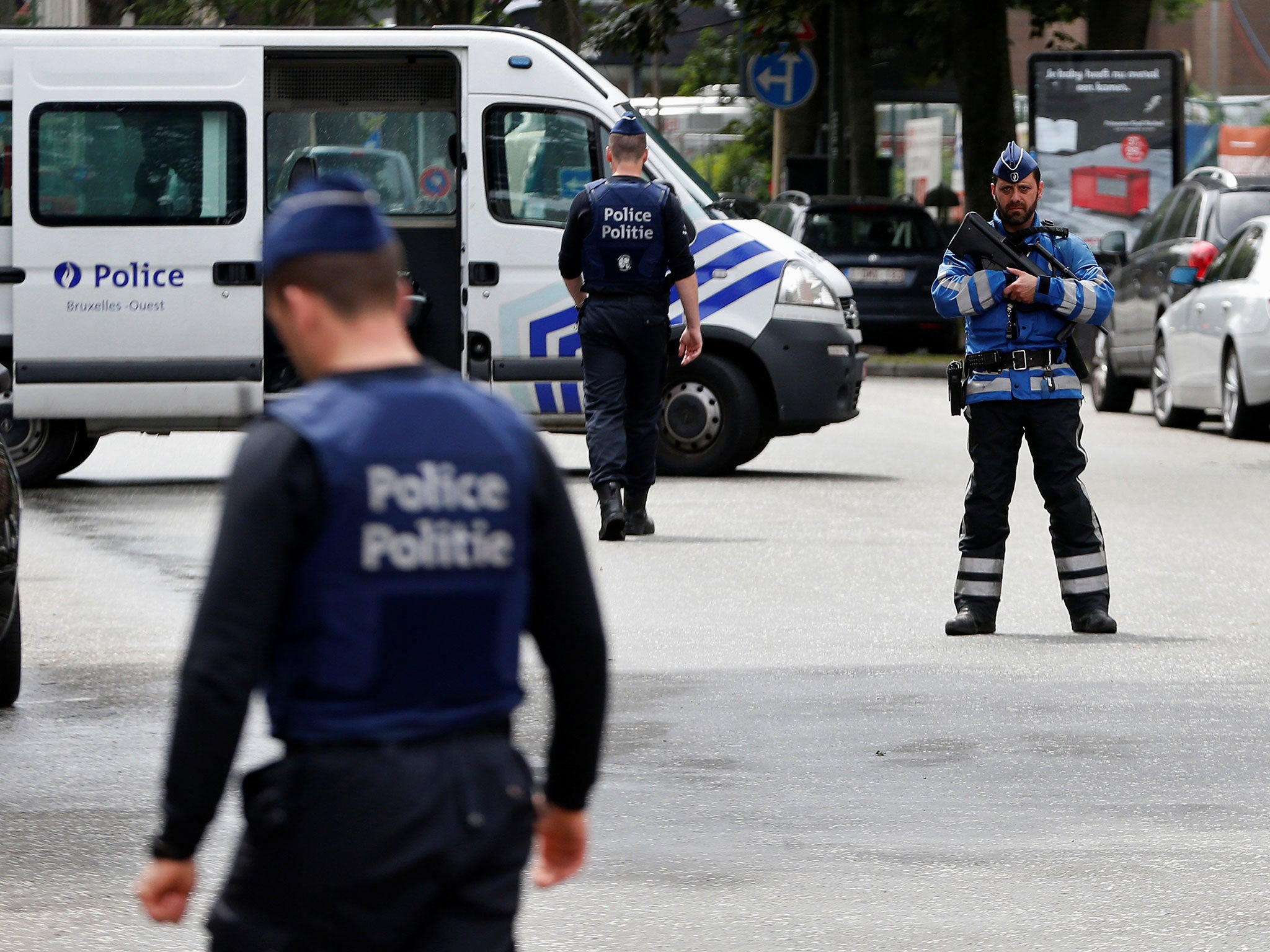Three months on and still much of the Brussels plot remains a mystery
Security officials say that they had run into dead ends, but there has also been some breakthroughs

Your support helps us to tell the story
From reproductive rights to climate change to Big Tech, The Independent is on the ground when the story is developing. Whether it's investigating the financials of Elon Musk's pro-Trump PAC or producing our latest documentary, 'The A Word', which shines a light on the American women fighting for reproductive rights, we know how important it is to parse out the facts from the messaging.
At such a critical moment in US history, we need reporters on the ground. Your donation allows us to keep sending journalists to speak to both sides of the story.
The Independent is trusted by Americans across the entire political spectrum. And unlike many other quality news outlets, we choose not to lock Americans out of our reporting and analysis with paywalls. We believe quality journalism should be available to everyone, paid for by those who can afford it.
Your support makes all the difference.Avenues des Casernes was shut off by security tapes on Friday afternoon, with armed police in body armour and counterterrorism officers present. Some of the residents of Etterbeek were alarmed that jihadists were in their midst again.
The jihadists were, indeed, there, but under arrest, taking part in a reconstruction. They had been taken to a flat which had been used as a safe house in preparation for a suicide bombing at Maelbeek metro station in March.
Among those taking part was Osama Krayem, who had been with Khalid El-Bakraoui who blew himself up at the station with explosives in his backpack. Krayem had told police after his arrest that he was meant to carry out another suicide bombing at another station, Petillon, but had changed his mind at the last moment. He wanted the police to believe that he flushed the explosives in his own backpack down a toilet.
Three months after the Brussels attacks, the Belgian security agencies are still trying to unravel the complex series of plots which brought carnage to France and Belgium.
Krayem, who had fought in Syria with Isis, has been charged with murder in connection to last November's Paris massacres as well as the Brussels attacks. He was accompanied at the reconstruction by Smail and Ibrahim Farisi, brothers aged 31 and 27, who are alleged to have rented the flat to the terrorists and then cleaned it up afterwards.
Security officials say that they had run into dead ends, but there has also been some breakthroughs and the arrests of suspects like Krayem and Mohamed Abrini, the ‘‘man in the hat’’, who accompanied Najim Laacharoui and Ibrahim El-Bakraoui – Khalid el-Bakrauoi’s brother – to the attack on Zaventem airport has led to valuable information.
Abrini who is also accused of taking part in both the Paris and Brussles attacks, and, like Krayem, failed to detonate his own bomb, has taken part in a reconstruction at the safe house in Schaerbeek district which was used by the airport bombers in May.
But the threat, with the Euro 2016 football championship in France a specific target, remains. Friday also saw the arrest of a Belgian Muslim, named as Youssef EA, in connection with the March attacks and raids across the country in which 40 people were detained.
There have been recriminations over lack of information sharing between Western intelligence services. Jean-Marie Delarue, the recently retired chief of the French government agency which oversaw intelligence surveillance, said of the Paris attacks “we think there should be cooperation, we rely on other countries to give it to us, and I don’t think the Belgians gave us precise information.” The Belgians protest that the criticism is unfair and say that intelligence coordination has been markedly improved.
Join our commenting forum
Join thought-provoking conversations, follow other Independent readers and see their replies
Comments